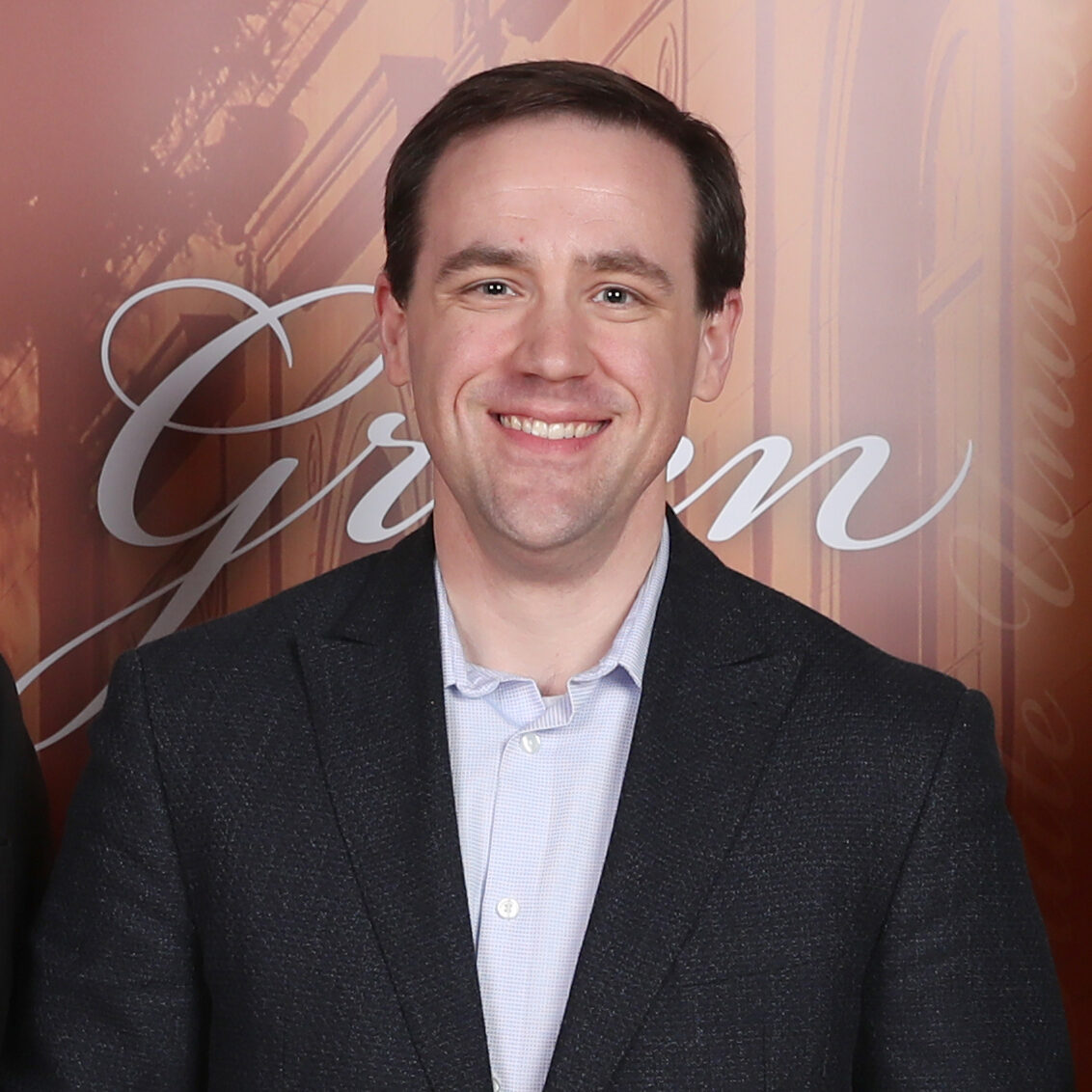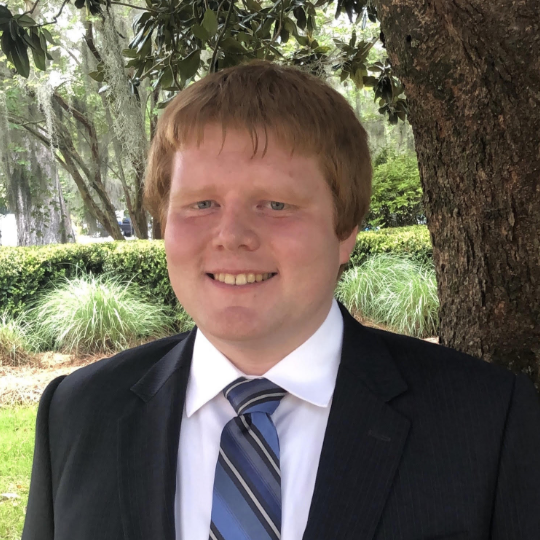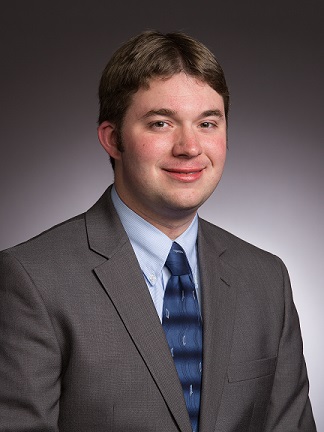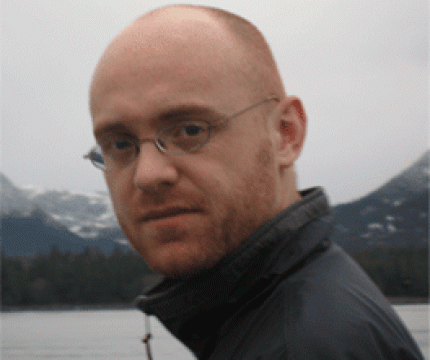Congratulations to Kevin Vallier (Bowling Green State University), the winner of the 2023 Sanders Prize in Philosophy of Religion. His prize-winning essay, “Trinitarian Contractarianism” will be published in Oxford Studies in Philosophy of Religion.
His essay is a bold attempt to lay new foundations for a distinctively religious ethics. The essay will be published in Oxford Studies in Philosophy of Religion.
The selection committee this year consisted of Lara Buchak, Andrew Chignell, Christian Miller, and Dean Zimmerman. The thirty-plus submissions included many excellent essays, including two runners-up: “Loving Your Enemy,” by Austen McDougal, and “Where is God? Divine Presence and Location,” by Martin Pickup.
—
Kevin Vallier is an Associate Professor of Philosophy at Bowling Green State University, where he directs their program in Philosophy, Politics, Economics, and Law. Vallier’s interests lie primarily in political philosophy, ethics, philosophy of religion, and philosophy, politics, and economics (PPE).
He is the author of three monographs, four edited volumes, and over forty peer-reviewed book chapters and journal articles. His books include Liberal Politics and Public Faith: Beyond Separation (Routledge 2014), Must Politics Be War? Restoring Our Trust in the Open Society (Oxford UP 2019), and Trust in a Polarized Age (Oxford UP 2020). His next book addresses radical religious alternatives to liberalism. It is entitled All the Kingdoms of the World (Oxford UP 2023).
For more information, see kevinvallier.com or follow him @kvallier on Twitter.
Abstract:
Theistic ethical theories share a weakness: they cannot explain the social, interpersonal character of moral obligations between adult humans. Despite many differences, these theories often explain our interpersonal obligations by way of divine command, but divine commands cannot explain the social character of our obligations to one another.
We have a puzzle. God must help explain the social character of obligation without making moral obligations all about God. Inter-human relations must assist theism in explaining obligation, yet theistic ethical theories make no room for interpersonal explanation. Call this the social character puzzle.
I capture the social character of obligation via contractarianism, which proximately explains our obligations. I then provide a theistic foundation for the contractarian test, which ultimately explains our obligations. But I draw on an aspect of the divine nature seldom used in moral theory: God helps explain our obligations by being a Trinity. The Trinity explains the social character of obligation by exemplifying proper relations between persons. Since the Trinity is a tri-personal being with one will, it serves as the form of a social contract between human beings. This hybrid approach, which I call Trinitarian contractarianism, solves the social character puzzle.










